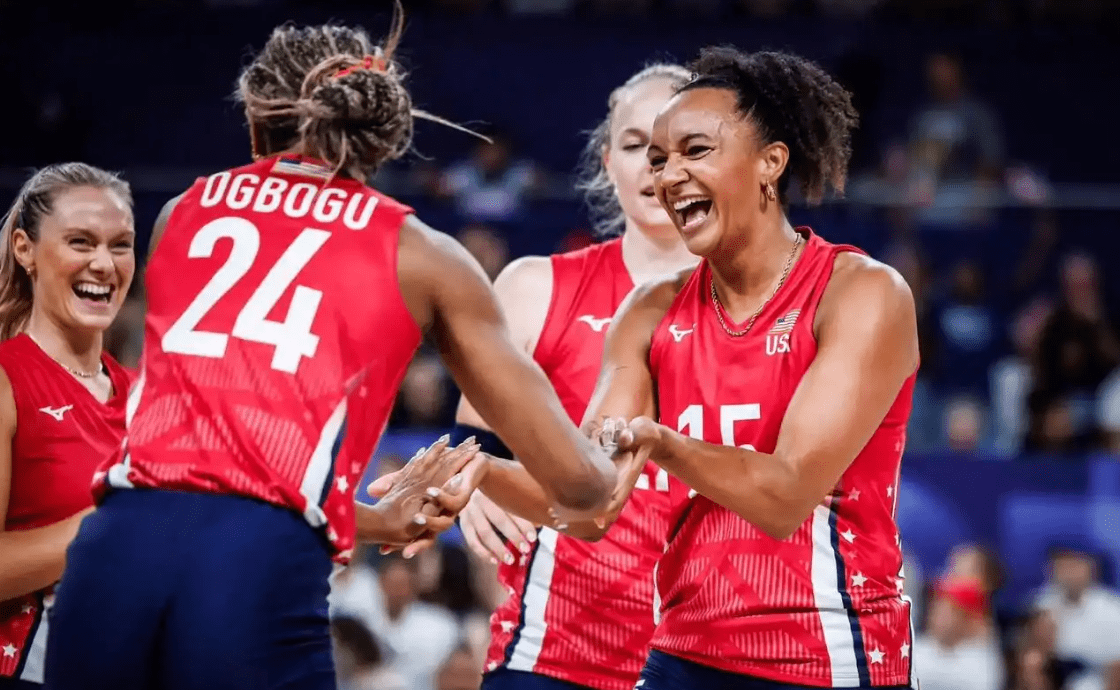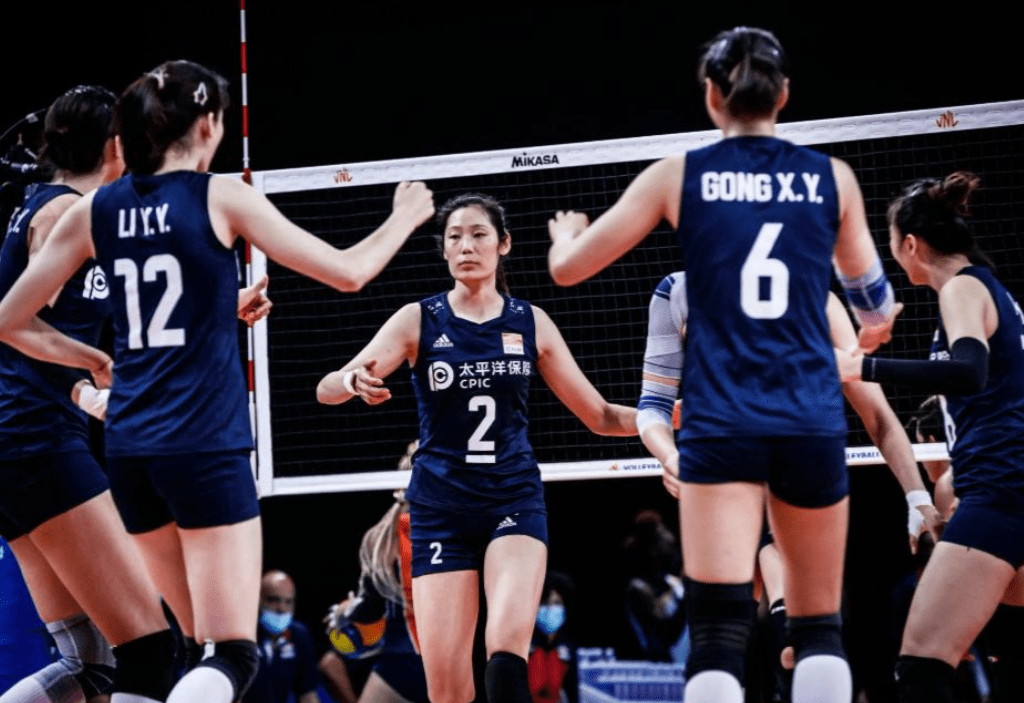When global volleyball fans were speculating on who would take over as the head coach of the Chinese women's volleyball team, the United States had already begun its "countermeasure" strategy. Not long ago, the American Volleyball Association officially announced that Karch Kiraly would step down as the head coach of the American women's volleyball team and instead take charge of the American men's volleyball team, signing a contract for four years.
This news instantly shattered the previous rumors that Kiraly might coach the Chinese women's volleyball team, causing Chinese volleyball fans to feel regretful and helpless while starting to re-examine the gap between China and the United States in the field of volleyball: on one side is the American Volleyball Association with a full sense of rhythm and efficient actions, and on the other side is the Chinese women's volleyball team that has yet to determine its head coach. In the next five years, this silent competition, who will seize the initiative?

Speaking of Kiraly, those who are slightly familiar with volleyball must not be unfamiliar. He is not only a landmark figure in the history of American volleyball during his playing days but also transformed from a "legendary player" to a "gold medal head coach" on the coaching bench.
In 2014, he officially took over the reins of the American women's volleyball team and led the team to win heavyweight championships frequently in the following years, including the most dazzling gold medal at the 2021 Tokyo Olympics. The final against the Brazilian women's volleyball team is a classic battle in the hearts of many volleyball fans. Under Kiraly's meticulous tactical arrangements, the American women's volleyball team played fluidly and eventually succeeded in reaching the top.

However, at the 2024 Paris Olympics, the American women's volleyball team struggled and failed to once again challenge for the highest podium. Although the team's performance remained at a world-class level, the failure to fulfill the "championship expectations" accumulated over the years still disappointed some fans. Perhaps it was precisely this point, coupled with the start of a new Olympic cycle, that the American Volleyball Association made the decision to transform Kiraly, doing so decisively as if it were a move in a well-planned game of chess.
Transitioning from the women's team to the men's team is not a simple "role change." It reflects more the American Volleyball Association's high recognition of Kiraly's abilities—since he can make the American women's volleyball team even stronger, then his rich coaching experience can also be used to "revitalize" the slightly depressed American men's volleyball project. However, behind this, there is also a hint of the American Volleyball Association's calm consideration of the entire volleyball landscape.

Kiraly's transition to become the head coach of the American men's volleyball team, signing a four-year contract, may seem like an ordinary position adjustment, but the hidden "big plan" is self-evident. Obviously, this matter is not just for the short-term revival of the men's team but also a key step in "stockpiling grain and fodder" for the 2028 Los Angeles Olympics.
As we all know, the host country status often brings about a boom in a country's sports development, and now both the American men's and women's volleyball teams have been included in this long-term plan.

In recent years, compared to the women's team, the performance of the American men's volleyball team can be said to be somewhat like "the other end of the balance." Although they still maintain a certain level of world-class strength, their stability and impact power are indeed somewhat lacking. How to gradually recover their form in international competitions in the coming years and win the championship at home in the Los Angeles Olympics has become the first hurdle after Kiraly's transformation.
Of course, to put it another way, this is also the ingenuity of the American Volleyball Association—they do not rely solely on the glory of one project but coordinate resources from a global perspective. This decisive spirit may be the epitome of the gap between the American and Chinese Volleyball Associations.

In sharp contrast to the American Volleyball Association's swift actions, the Chinese women's volleyball team is currently caught in a tug-of-war between domestic and international coaching candidates.
Once upon a time, online rumors about "Kiraly possibly coaching the Chinese women's volleyball team" were rampant, although most industry insiders believed the possibility to be minimal, this news still aroused heated discussions among Chinese volleyball fans. On the one hand, this reflects the deep popularity of Kiraly's coaching ability, and on the other hand, it reflects the current dilemma of the Chinese women's volleyball team.

Since the end of the 2024 Paris Olympics, the position of head coach for the Chinese women's volleyball team remains undecided, while at the same time, other Asian countries seem to be moving faster. For example, the Japanese women's volleyball team has already hired an internationally renowned coach with high salary for preparation, and the South Korean women's volleyball team has also completed its selection work early.
In comparison, the delay of the Chinese Volleyball Association will undoubtedly add variables to the team's future international competitions.

Of course, when it comes to famous coaches, one cannot fail to mention another "god-level figure"—John Goddard. Goddard previously ended his cooperation with the Turkish women's volleyball team and has not yet officially announced a new coaching plan. However, over the years, this famous coach has been known in the international volleyball arena for his passionate, realistic, and innovative style. If the Chinese Volleyball Association can seize the opportunity and get Goddard to join the ranks of the Chinese women's volleyball team, it will undoubtedly be a "win-win" situation.
However, the problem lies in the fact that this requires the Chinese Volleyball Association to make a quick decision. The longer it drags on, the easier it is to miss the opportunity to discover potential famous coaches, and it is more likely that other strong teams will take the lead.

In fact, the current situation of the Chinese women's volleyball team is also inseparable from the "Lang Ping era." As a shining star in the history of Chinese volleyball, Lang Ping's peak coaching not only led the team to win many international awards but also successfully built a core force led by Zhu Ting and others.
However, unfortunately, excessive reliance on a meritorious coach has made the Chinese Volleyball Association somewhat slow in succession planning, which also poses significant challenges to the next lineup updates and coaching model. How should the current Chinese women's volleyball team find a balance between inheritance and reform? That is the crux of the matter.
The American Volleyball Association has already locked in its head coach candidate and is simultaneously promoting long-term planning with two national teams at its core, while the Chinese Volleyball Association is still hesitating in its choice of head coach. This "duel" without gunpowder smoke is not only a contest of coaching ability but also a test of management level.
When we look up to Kiraly's transformation and the talent layout of the United States, let us reflect: Can the Chinese Volleyball Association adopt more efficient strategies to reverse the current passive situation in the next few years? Fans expect not only victory on the battlefield but also timely stepping on the rhythm points in behind-the-scenes deployments. And in the future, the answer can only be left to time to reveal.